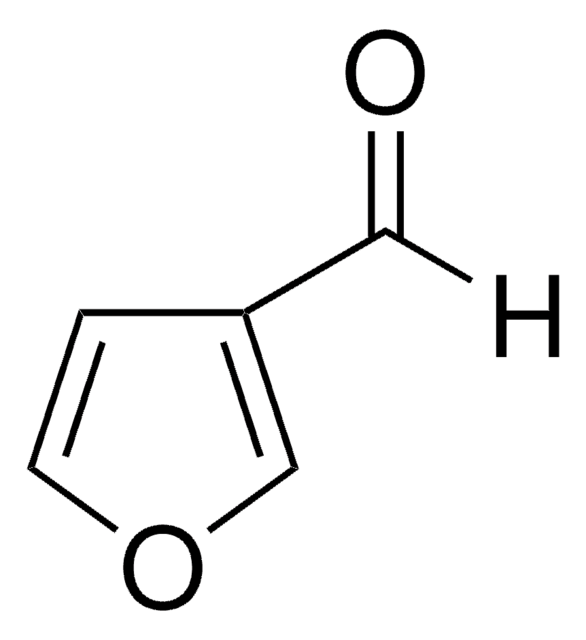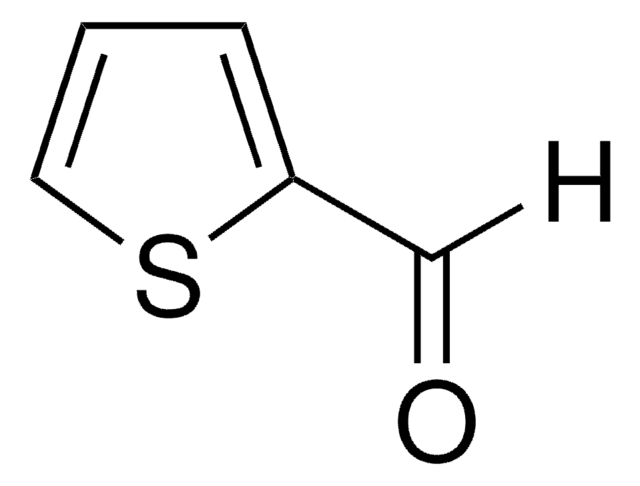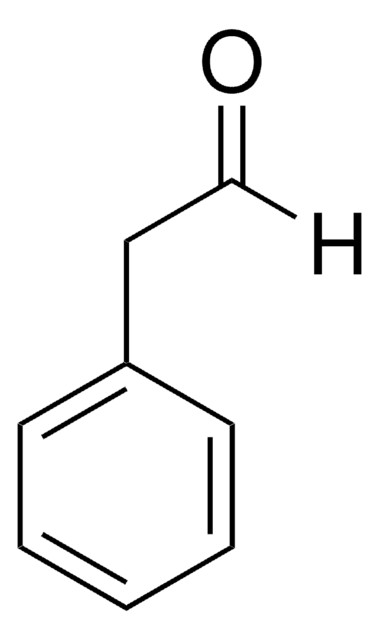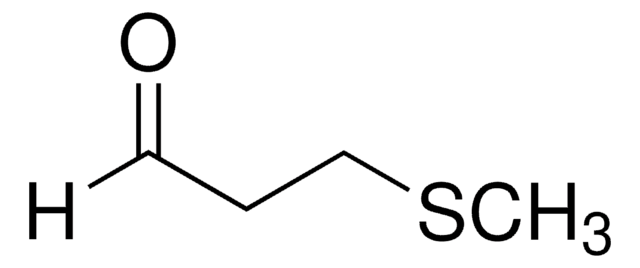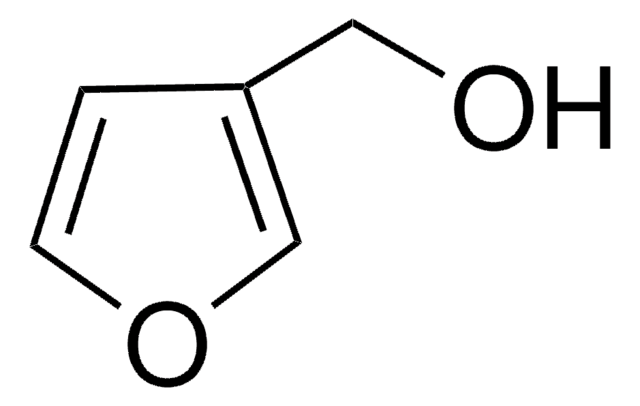318396
3-(Methylthio)-1-propanol
98%
Sinónimos:
Methionol
About This Item
Productos recomendados
Nivel de calidad
Ensayo
98%
Formulario
liquid
índice de refracción
n20/D 1.49 (lit.)
bp
89-90 °C/13 mmHg (lit.)
densidad
1.03 g/mL at 25 °C (lit.)
grupo funcional
hydroxyl
thioether
cadena SMILES
CSCCCO
InChI
1S/C4H10OS/c1-6-4-2-3-5/h5H,2-4H2,1H3
Clave InChI
CZUGFKJYCPYHHV-UHFFFAOYSA-N
¿Está buscando productos similares? Visita Guía de comparación de productos
Aplicación
- Calix[4]arenes as amino acid chemosensors.
- Amphiphilic reactive oxygen species (ROS) sensitive diblock copolymers, applicable as nanocarriers for photodynamic therapy and chemotherapy.
- 3-(Methylsulfonyl)propyl thioacetate, which is used in the preparation of dipolar glass polymers for electronic and power applications.
Palabra de señalización
Warning
Frases de peligro
Consejos de prudencia
Clasificaciones de peligro
Eye Irrit. 2 - Skin Irrit. 2 - STOT SE 3
Órganos de actuación
Respiratory system
Código de clase de almacenamiento
10 - Combustible liquids
Clase de riesgo para el agua (WGK)
WGK 3
Punto de inflamabilidad (°F)
195.8 °F - closed cup
Punto de inflamabilidad (°C)
91 °C - closed cup
Equipo de protección personal
Eyeshields, Gloves, type ABEK (EN14387) respirator filter
Elija entre una de las versiones más recientes:
¿Ya tiene este producto?
Encuentre la documentación para los productos que ha comprado recientemente en la Biblioteca de documentos.
Nuestro equipo de científicos tiene experiencia en todas las áreas de investigación: Ciencias de la vida, Ciencia de los materiales, Síntesis química, Cromatografía, Analítica y muchas otras.
Póngase en contacto con el Servicio técnico